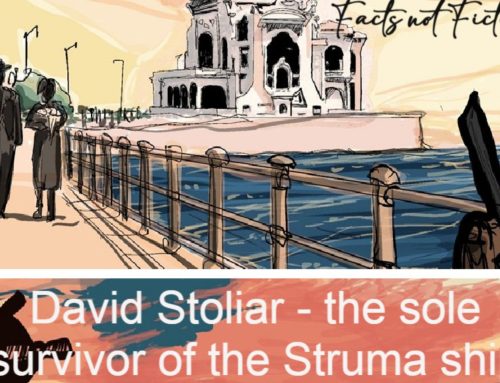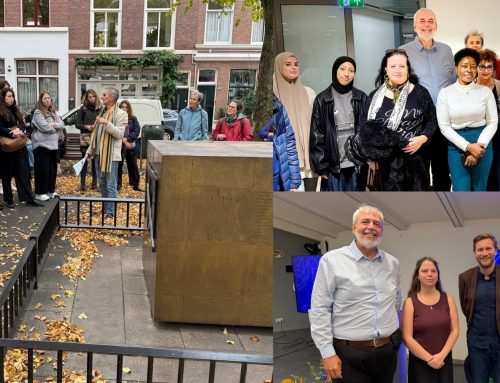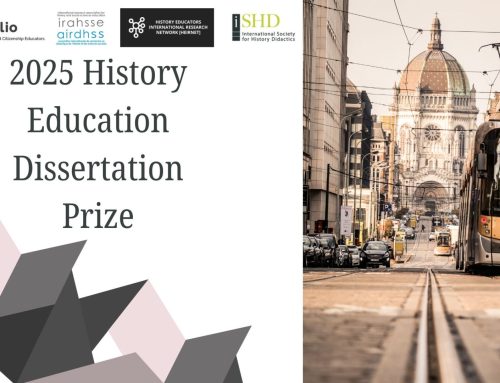On the occasion of the Centennial of what is commonly referred to as the Armenian Genocide, academics and professionals from a variety of disciplines and countries came on 5 to 7 March together in The Hague, the Netherlands, to celebrate a conference where discuss the impact of this event in their respective fields. EuroClio Founder and Special Advisor Joke van der Leeuw-Roord and Trainee Ivan Markovic attended the event and report: Alexis Demirdjian, a Trial Attorney at the International Criminal Tribunal for the former Yugoslavia, the NIOD the Dutch Institute for War, Holocaust and Genocide Studies and the University of Southern California – Dornsife Institute of Armenian Studies were co-hosting this conference. The contributions are brought together in a publication questioning the relevance of the Genocide today and its impact on the fields of study of Law, History, Anthropology, Political Science, Sociology, Literature, Education and Media Studies.
The conference opened with a public event showing, “Grandma’s Tattoos”, a film by Suzanne Khardalian, which features the story of her grandmother and many other untold stories of other Armenian women who were kidnapped, sexually abused, and tattooed during the atrocities. The well-known American/Armenian historian Dr. Ronald Suny introduced public and experts into the main findings of his new publication A history of the Armenian genocide. After his introductory talk a wide range of speakers addressed very topical issues such as Armenia and the G-Word: the law and the politics, compensation for the Armenian Genocide, media coverage of the current discourse relating to the event in Turkey and the demolishing of the monument related to the genocide in 2011 in Kars, Turkey.
An intercultural dialogue was unfortunately absent despite the wish of the organisers to have a critical discussion on the impact of the Genocide. The discourse in the conference was hampered to the fact that too many speakers needed more time than allocated to their presentations. It was therefore impossible for the audience to ask questions let alone to commend.












